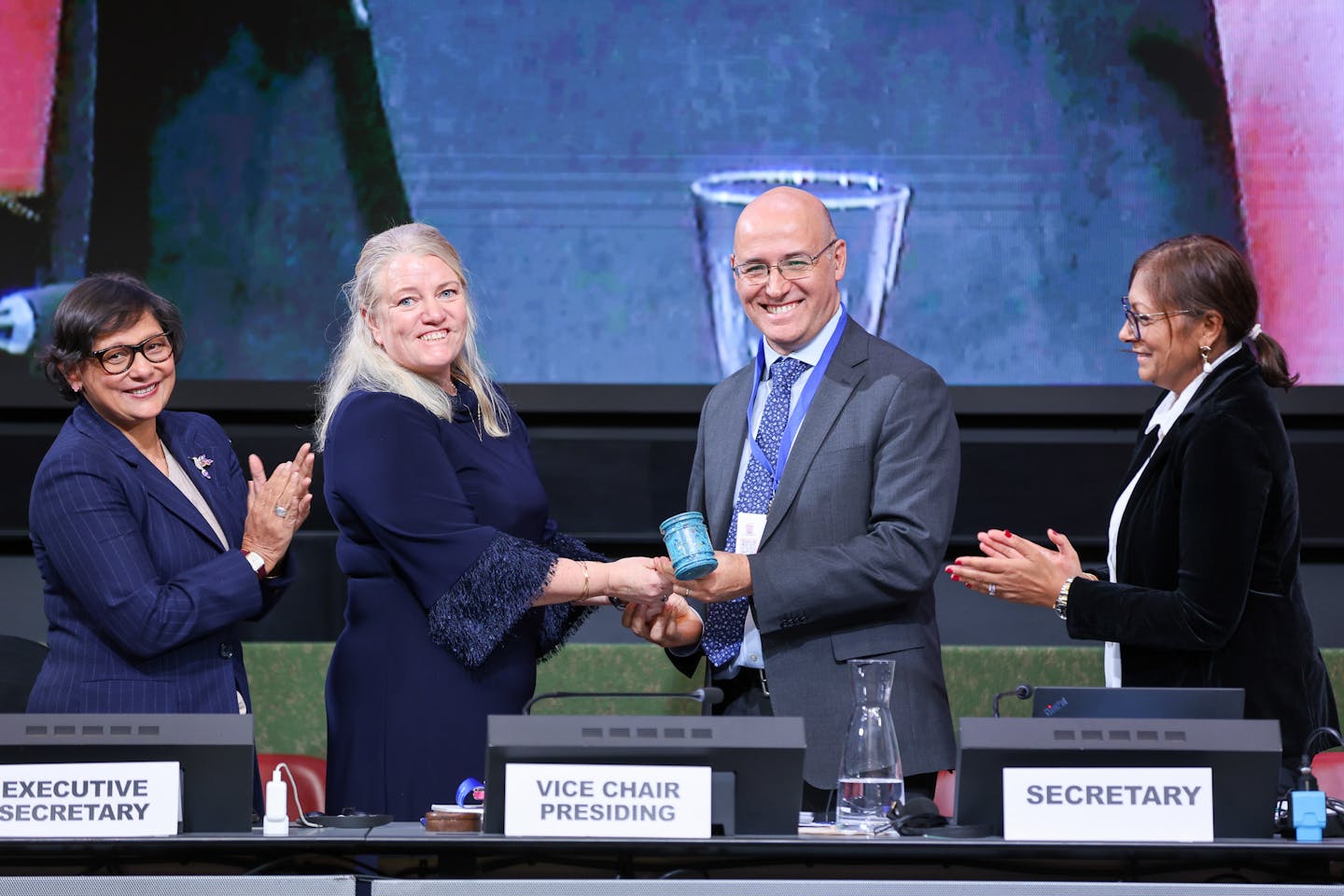Key Impact Points:
- ESG reporting requirements vary significantly across global frameworks, posing a challenge for companies to maintain consistency.
- The EU’s double materiality approach includes both financial and environmental impacts, while the SEC focuses on investor-related disclosures.
- Achieving consistency across frameworks and ensuring accurate nonfinancial reporting will require cross-functional collaboration and clear assurance practices.
Evolving ESG reporting landscape
The ESG reporting landscape is rapidly evolving as more countries introduce regulations to enforce sustainability disclosures. In a recent EY webcast, experts discussed the nuances of global reporting standards, focusing on the growing importance of materiality.
“There are strategic implications throughout in assessing taxonomy and the level of granularity that you want to disclose,” explained Brian Tomlinson, ESG Thought Leader at Ernst & Young LLP.
Navigating double materiality
A key challenge companies face is reconciling the different materiality concepts. In the U.S., the SEC requires companies to disclose climate-related risks, focusing on information relevant to investors. Meanwhile, the EU’s Corporate Sustainability Reporting Directive (CSRD) adopts a broader “double materiality” approach. This includes assessing how a company’s actions affect not only its financial performance but also the environment and society.
Conducting a double materiality assessment (DMA) is critical for complying with CSRD, as it requires alignment with the EU Taxonomy—a set of criteria defining “green” activities contributing to sustainability goals.

The assurance challenge
Another major issue highlighted in the webcast was assurance. Different frameworks have varying standards for assurance, with the CSRD mandating limited assurance, while other frameworks may require reasonable assurance similar to financial audits.
Related Article: Key Takeaways from Climate Week NYC for COP16 and COP29
“The nuances between the two — limited or reasonable — do not impact the materiality assessment,” noted Elodie Timmermans, Managing Director, Climate Change and Sustainability Services at Ernst & Young LLP.
As ESG reporting continues to develop, companies must stay informed and prepared to navigate the complexities of global sustainability standards.

 Follow SDG News on LinkedIn
Follow SDG News on LinkedIn











